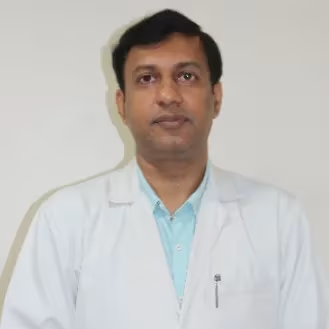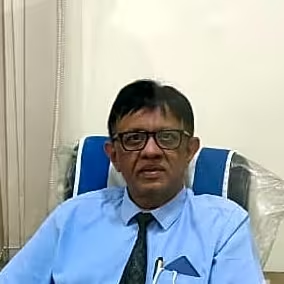Best ENT/ Otorhinolaryngologist Near You – Trusted Care for Your Health
Discover the best ENT/ Otorhinolaryngologist near me for expert health care tailored to your needs. Connect with the best ENT/ Otorhinolaryngologist doctor near me or the nearest ENT/ Otorhinolaryngologist doctor for expert care and professional advice. Dedicated to your health and well-being, we strive to ensure a healthier, happier life for you and your family.

ENT/ Otorhinolaryngologist
4.5
Dr. Shankar Shinde

MBBS, Diploma in Otorhinolaryngology (DLO)

26 Years Overall Experience

Pune

ENT/ Otorhinolaryngologist
4.5
Dr. Sunil Aggarwal

MBBS, MS - ENT, DNB - ENT

26 Years Overall Experience

Gurgaon

ENT/ Otorhinolaryngologist
4.5
Dr. Arvind C Kacker

MBBS, MS - ENT

39 Years Overall Experience

Delhi

ENT/ Otorhinolaryngologist
4.5
Dr. Sumit Kumar Gaur

MBBS, MS - ENT

21 Years Overall Experience

Bangalore

ENT/ Otorhinolaryngologist
4.5
Dr. Vipin Kamboj

MBBS, MS - ENT

34 Years Overall Experience

Delhi

ENT/ Otorhinolaryngologist
4.5
Dr. K R Meghanadh

MBBS, MS - ENT

41 Years Overall Experience

Hyderabad

ENT/ Otorhinolaryngologist
4.5
Dr. K.V.V.Ramji

MS - ENT, MBBS

14 Years Overall Experience

Hyderabad

ENT/ Otorhinolaryngologist
4.5
Dr. Harish Madan

MBBS, MS - ENT

43 Years Overall Experience

Delhi

ENT/ Otorhinolaryngologist
5.0
Dr. Deepa Latkar Surve

MS - ENT, MBBS, FCPS - Mid. & Gynae, Diploma in Otorhinolaryngology (DLO)

27 Years Overall Experience

Mumbai

ENT/ Otorhinolaryngologist
4.5
Dr. Dendukuri S P Lakshmi

MBBS, Diploma in Otorhinolaryngology (DLO), DNB - Otorhinolaryngology

14 Years Overall Experience

Hyderabad

ENT/ Otorhinolaryngologist
4.5
Dr. M Venugopal

MBBS, MS - ENT

26 Years Overall Experience

Chennai

ENT/ Otorhinolaryngologist
4.5
Dr. Shalini Rao

MBBS, DNB - ENT, MS - ENT, FCPS - Oto-Rhino-Laryngology, Diploma in Otorhinolaryngology (DLO)

37 Years Overall Experience

Bangalore

ENT/ Otorhinolaryngologist
4.5
Dr. Ganapathy H

MBBS, Diploma in Otorhinolaryngology (DLO)

54 Years Overall Experience

Chennai

ENT/ Otorhinolaryngologist
4.5
Dr. Anil Manohar

MBBS, Diploma in Otorhinolaryngology (DLO)

30 Years Overall Experience

Bangalore

ENT/ Otorhinolaryngologist
4.5
Dr. Rajeev Roy

MBBS, Diploma in Otorhinolaryngology (DLO), MD - Community Medicine

19 Years Overall Experience

Chennai

ENT/ Otorhinolaryngologist
4.5
Dr. Nabeelah Naeem

MBBS, DNB - ENT

15 Years Overall Experience

Hyderabad

ENT/ Otorhinolaryngologist
4.5
Dr. S. Wasim Khan

MBBS, MS - ENT

20 Years Overall Experience

Chennai

ENT/ Otorhinolaryngologist
4.5
Dr. Swati Kodur Patil

MBBS, Diploma in Otorhinolaryngology (DLO)

14 Years Overall Experience

Pune

ENT/ Otorhinolaryngologist
4.5
Dr. A.K.Singh

MBBS, MS - ENT

31 Years Overall Experience

Delhi

ENT/ Otorhinolaryngologist
4.5
Dr. Arun Theraja

MS - ENT, Diploma in Otorhinolaryngology (DLO), MBBS

41 Years Overall Experience
